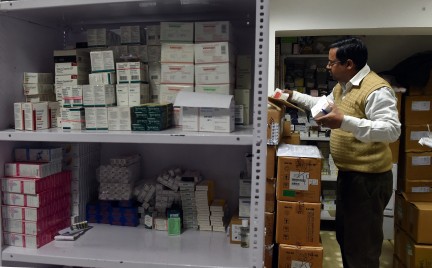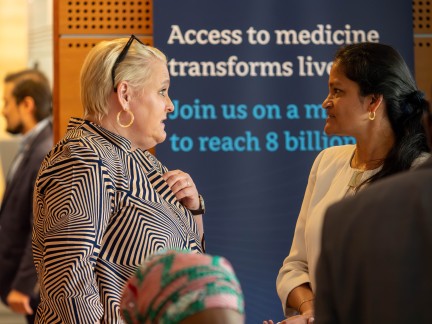How Can the Generics Industry Up its Game on Essential Medicine Access?
Frequently, R&D-based pharmaceutical companies are the ones at the centre of conversations about access to medicine in LMICs – especially given the need to rapidly expand access to their innovative, high-profile, and sometimes-pricey treatments. But the truth is that the majority of pharmaceutical products that people living in the world’s poorest nations rely upon are actually generic medicines. In some LMICs, generics make up as much as 80 percent of the market share, making them a vital lifeline for patients in these countries. What’s more, the vast majority of medicines that the World Health Organization deems ‘essential medicines’ have already gone off patent.
This gives generic and biosimilar medicine manufacturers tremendous power when it comes to expanding access. These companies’ decisions about manufacturing, registration, pricing, and supply in LMICs can have a significant impact on whether an essential medicine ultimately becomes available, and whether it is made affordable for the people who need it.
Generic medicine manufacturers have often been celebrated as the champions of affordable access. As patented medications lose their exclusivity, these companies step up to produce and distribute more affordable versions of brand-name drugs, opening doors to wider access. Look no further than the remarkable progress in access to HIV treatment, where the introduction of generic versions has helped drive down the cost of antiretroviral drugs by more than 99 percent over the last decade. This has made these medicines more accessible to a larger number of people, especially in LMICs.
Read the full op-ed on the Pharma Boardroom website.


